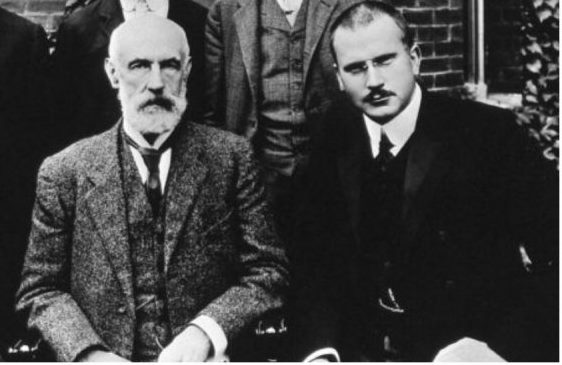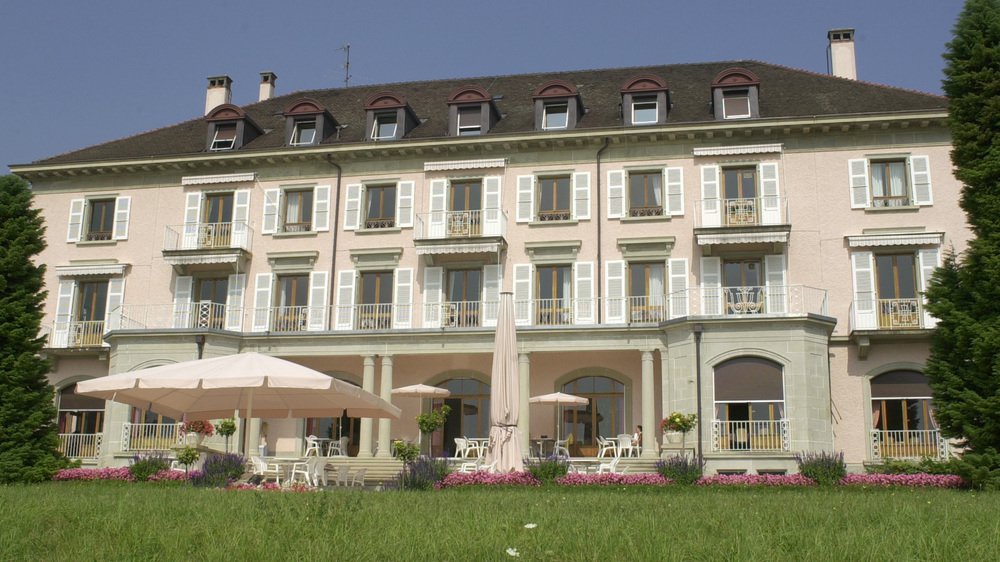Fri, Feb 25th 2022
Psychologists around the world are drawn to Switzerland – perhaps it stems from its history with Sigmund Freud and Carl Jung, or it might have something to do with the country’s health care system.

Switzerland is known for chocolate and cheese, but health care may be one of their finest industries.
Mental health is the cornerstone upon which all other health builds; and unsurprisingly, more people in the last two years are reporting cracks in their foundations. If you are lucky enough to be of a resident of Switzerland, you will find that the country attracts some of the best mental health professionals in the field and that most services are covered by insurance.
Therapy in Switzerland: Accessible and affordable
The demand for counseling and therapy in Switzerland has risen sharply since summer 2020 according to the Swiss Federation of Psychologists, but mental health care is easily accessible and affordable, thanks to their comprehensive health care system. One of the reasons Swiss health care is so highly rated is that universal health care insurance is mandatory in Switzerland – even for foreign citizens living in the country, according to the Organization for Economic Cooperation and Development.
In comparison: While 42% of Americans say they are experiencing anxiety or depression, more than half say they do not seek out mental health services because appointments are too difficult to find, and sessions are too expensive or not covered by insurance.
But, how affordable is therapy in a country known for being one of the most expensive places to live in the world?
Swiss patients are only liable for a 10% copayment for outpatient services, up to a maximum of 700 Swiss Francs per year. (For children, it’s only 350 Swiss Francs.) So, what does this mean for one’s wallet? Let’s take the average cost of psychotherapy in Zurich, as an example. One hour will cost approximately 200 Swiss Francs, which means a Swiss person’s copayment amounts to 20 Swiss Francs.
Finding relief for depression for the price of lunch seems worth it. There’s only one catch: Your doctor must first prescribe therapy for insurance to cover the services.

Doctors in Switzerland are more likely to take a holistic approach — often prescribing a mental health check-up as part of a treatment for a physical ailment.
Mental health and general practitioners
How likely are Swiss doctors to prescribe therapy?
Very likely, according to David Schiesher, an American Clinical Social Worker practicing individual and couples therapy in Geneva. Which means you might visit the doctor for a stomachache and leave with a prescription for therapy to cure your burnout, as an example. It’s frequently stressed among Swiss doctors that a balanced lifestyle is essential to one’s health.
Schiesher adds, however, that general practitioners seem to still prefer prescribing medications first to treat depression and anxiety instead of talk therapy.
“The medications can take care of the symptoms but talk therapy can get at the root cause of the emotional disturbance,” he says. Still, mental health is taken more seriously in Switzerland than in many other countries and has been for more than a century.
A history lesson in psychology
Switzerland has a long history of attracting and keeping famous mental health professionals – one of the first being Swiss native Carl Jung. For many, Jung is recognized as one of the most influential psychiatrists of all time. He founded analytical psychology and was among the first experts in his field to explore the religious nature behind human psychology. In 1904, he argued the groundbreaking theory that empirical evidence was not the only way to arrive at psychological or scientific truths and that the soul plays a key role in the psyche.
Jung began corresponding and working with Austrian psychoanalyst Sigmund Freud in the early 1900s. At the time, Freud needed collaborators to validate and spread his ideas so he began writing to researchers at Burghölzli, a renowned psychiatric clinic at The University of Zürich. Soon after the so-called ‘Freud Group’ was born.

When Sigmund Freud (left) and Carl Jung (right) finally met after exchanging hundreds of letters discussing psychology, they reportedly spoke for 13 hours without barely stopping to eat.
With the Freud Group attracting more and more researchers to the University of Zürich for discussions and research, the city became a hub for practicing psychology (and psychology is the most popular subject to study at university to this day). Jung invited talented researchers from around the world to Switzerland – their work shaped and molded our modern understanding of mental health. One of Jung’s colleagues was Ludwig Binswanger, who is considered the father of existential psychology. Binswanger was the first physician to combine psychotherapy with existential and phenomenological ideas.
And that’s not all. To list all Swiss psychologists who did pioneering work is impossible. However, here’s a short list:

The Hôpital de Prangins, which has drawn the rich and famous like Zelda Fitzgerald for treatment, was founded by Auguste Forel.
It is little wonder that at this time many high-caliber psychotherapy clinics opened throughout the country – drawing in the rich and famous from around the world. While F. Scott Fitzgerald’s wife Zelda was being treated at one such clinic in Nyon in the 1930s, he began writing his final novel Tender is the Night. The main character in that novel, Dick Diver, is a gifted psychiatrist working in a specialized clinic in Zürich. Fitzgerald’s work not only mirrored what was happening in his own life, but also the role Switzerland was playing in the burgeoning world of mental health care.
What makes Switzerland’s mental health treatments so special?
The Swiss approach to treating a patient is a comprehensive one which emphasizes rehabilitation and reintroduction back into the community – especially when it comes to psychiatric illness and hospitalizations.
During such stays, Swiss patients are offered various forms of therapy such as individual psychotherapy, group therapy, exercise therapy, art and music therapy. The main goal is to maintain or get back one’s autonomy. This is why retreats are a popular form of treatment in Switzerland – for locals and those around the world who choose the country for their rehabilitation.

Nature: Accessible, affordable and no dangerous side effects. It may be one of Switzerland’s best medicines.
These retreat centers make use of Switzerland’s greatest asset in treating patients: its nature. According to mental health care professionals and researchers, nature has the power to reduce anger, stress, and fear; in addition to making one feel more confident emotionally and physically. One popular form of nature therapy is Forest Bathing, which has nothing to do with water or hygiene. During a Forest Bathing session, patients will go into nature and be guided as how to use all their senses to be totally present in the environment. It is often offered as a group therapy and meditation that can be healing for the brain.
And while we cannot all have access to Swiss mental health care practices, we can learn from them. Taking a 20-minute walk in a park can lift one’s mood, and even more sustained outside exercise can be as effective as taking Zoloft. Accessible and affordable, indeed.
